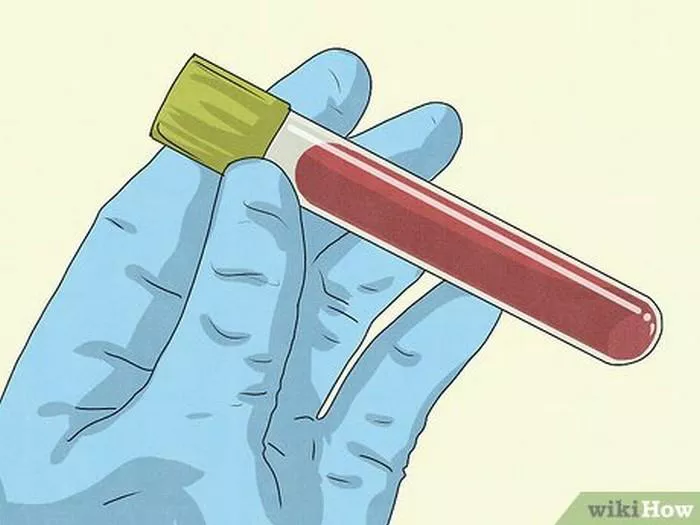For many women, the journey to motherhood is filled with anticipation and excitement. But when month after month passes without a positive pregnancy test, despite confirming ovulation, it’s natural to feel frustrated and confused. You may find yourself asking, “Why am I ovulating but not getting pregnant?”
The truth is, getting pregnant isn’t always as straightforward as it seems. While ovulation is a crucial step in the process, it’s just one piece of a complex puzzle. Think of it like baking a cake – having all the ingredients doesn’t guarantee success; they need to be combined in the right way and at the right time.
So, what could be preventing you from getting pregnant even though you’re ovulating? Let’s explore some potential roadblocks:
Beyond Ovulation: Other Factors at Play
Sperm Issues:
While your ovulation may be happening like clockwork, issues with your partner’s sperm can hinder conception. Low sperm count, poor motility, or abnormal sperm morphology can all affect the ability of the sperm to reach and fertilize the egg.
Fallopian Tube Issues:
Even if you’re ovulating, blocked or damaged fallopian tubes can prevent the sperm from reaching the egg. This can be caused by infections, previous surgeries, or endometriosis.
Uterine Issues:
The health of your uterus also plays a crucial role in conception. Uterine fibroids, polyps, or structural abnormalities can interfere with implantation, preventing the fertilized egg from attaching to the uterine lining.
Cervical Issues:
The cervical mucus plays a vital role in helping sperm travel to the egg. If the mucus is too thick or hostile, it can create a barrier that prevents sperm from reaching their destination.
Timing:
While ovulation is essential, timing is equally important. Having sex too early or too late in your cycle can significantly reduce your chances of getting pregnant. Ideally, you should have sex during your fertile window, which typically occurs a few days before and after ovulation.
Age:
A woman’s fertility naturally declines with age, especially in her late 30s and 40s. This is primarily due to a decrease in the number and quality of eggs. While ovulation may still occur, the chances of successful fertilization and implantation decrease with age.
Unexplained Infertility:
In some cases, despite thorough investigations, the cause of infertility remains unexplained. This can be a frustrating and challenging situation, but it doesn’t mean that treatment options are limited.
Seeking Answers and Solutions:
If you’ve been trying to conceive for six months or more without success, it’s important to seek professional help. A fertility specialist can conduct a comprehensive evaluation to identify any underlying issues affecting your ability to get pregnant.
The evaluation may involve:
Medical history and physical examination: This includes discussing your menstrual history, past surgeries, and any relevant medical conditions.
Ovulation testing: This can involve tracking basal body temperature, using ovulation predictor kits, or blood tests to confirm ovulation.
Semen analysis: This test evaluates the quality and quantity of your partner’s sperm.
Hysterosalpingogram (HSG): This X-ray procedure examines the fallopian tubes for blockages.
Laparoscopy: This minimally invasive surgical procedure allows the doctor to visualize the pelvic organs and diagnose conditions like endometriosis.
Based on the results of the evaluation, your doctor can recommend the most appropriate treatment options. These may include:
Lifestyle modifications: Addressing factors like diet, exercise,
and stress can improve fertility in some cases.
Medications: Medications can stimulate ovulation or address hormonal imbalances.
Surgery: Surgical procedures can correct anatomical issues or remove blockages.
Assisted Reproductive Technologies (ART): Techniques like IUI, IVF, and ICSI can assist with conception when other methods are unsuccessful.
A Journey of Hope and Resilience:
Facing infertility can be emotionally and physically challenging, but it’s important to remember that you’re not alone. With advancements in medical technology and the support of experienced healthcare professionals, many couples can overcome infertility and achieve their dream of parenthood.
The journey may not always be easy, but with perseverance, the right support, and access to appropriate treatment, the question of “why am I ovulating but not getting pregnant?” can often be answered and overcome, paving the way to a fulfilling and joyful journey of parenthood.

























